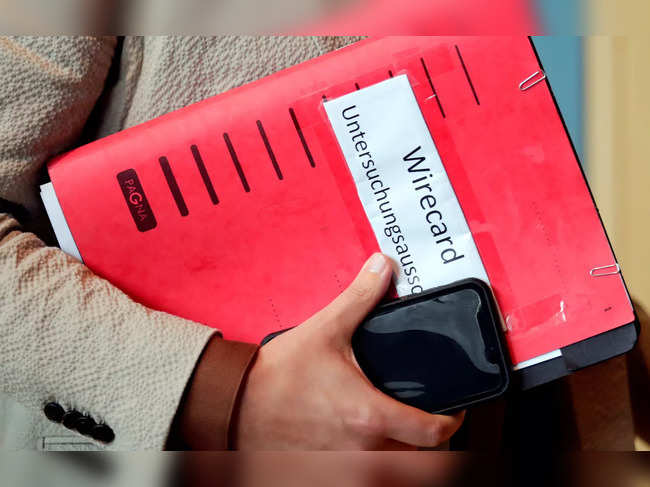 Reuters
ReutersThe transactions in 2015 are being scrutinised in courts in London and Chennai, with the former minority holders of Hermes I-Tickets Pvt. Ltd. saying they were cheated of millions of dollars. They allege they were duped into selling their stake in the business to the company’s majority shareholders only to see it sold on again at a vastly inflated price to Wirecard.
“It was a continuing fraud because of the concerns and suspicions of the” minority shareholders, the judges said.
While much of the attention on Wirecard’s demise focuses on Germany, the UK court case has shed light on the complexity of the task facing investigators trying to decipher some of the company’s overseas transactions. Hermes was sold at a valuation of $40 million before being acquired by Wirecard for more than $250 million.
Former Wirecard executive Jan Marsalek, who is now a fugitive, played a key role negotiating the purchase of Hermes. He was discussing the deal with the two brothers who were the majority shareholders through the summer of 2015, while they were separately negotiating with the minority holders.
Discover the stories of your interest

Wirecard, now bankrupt, is a defendant in a linked but different suit. An appeal court is also set to consider an earlier ruling in that case.
The lower court ruling was wrong to dismiss the falsehoods told by Ramu Ramasamy, the former majority shareholder of Hermes alongside his brother Palaniyapan, the judges said Monday.
A lawyer for the Ramasamys didn’t immediately respond to an email seeking comment.
















 Get Unlimited Access to The Economic Times
Get Unlimited Access to The Economic Times
